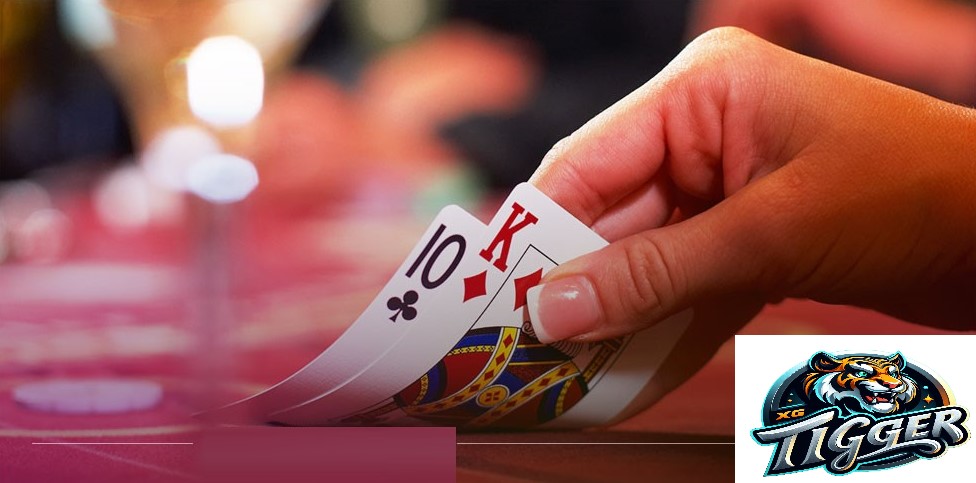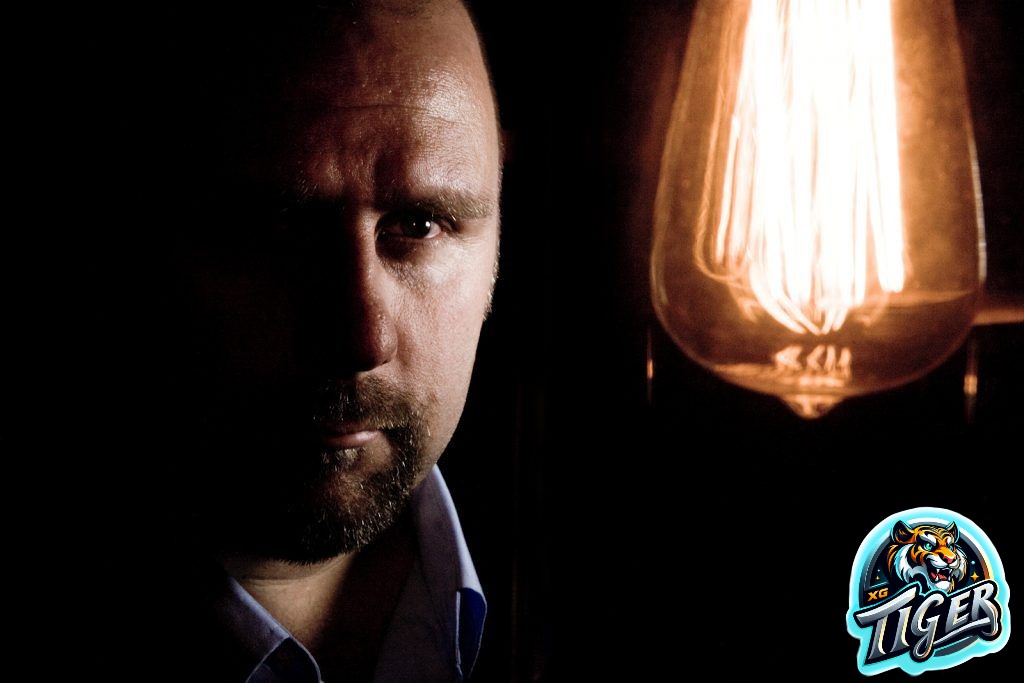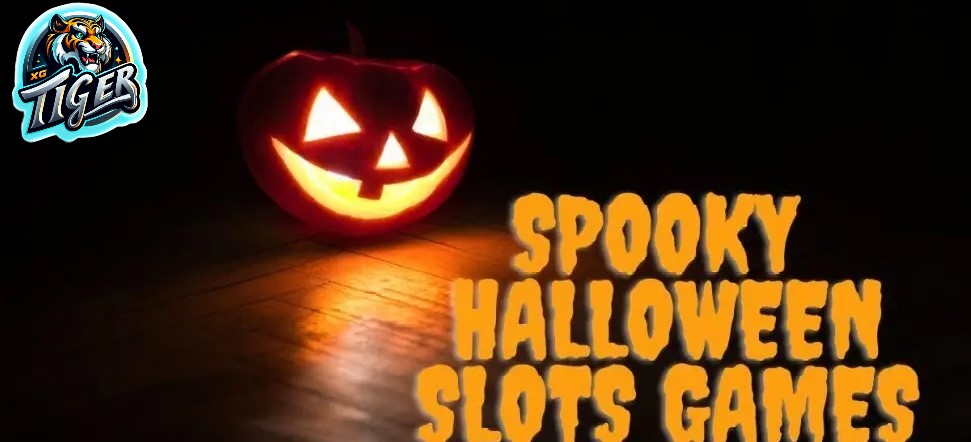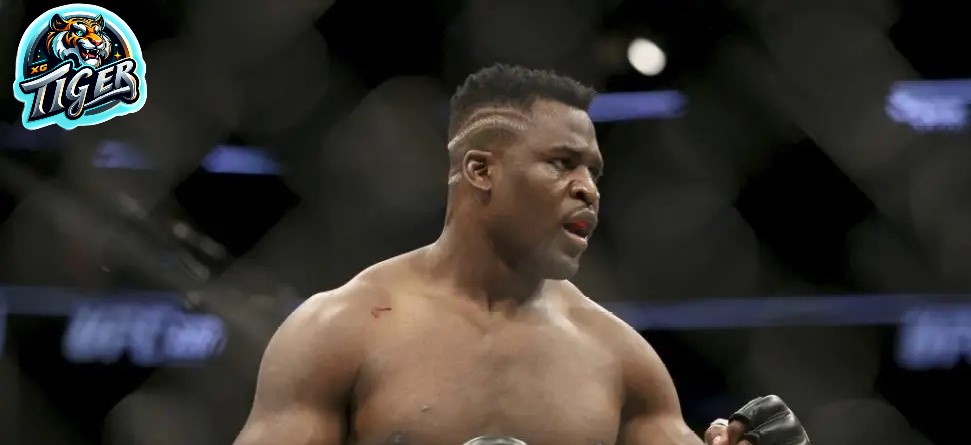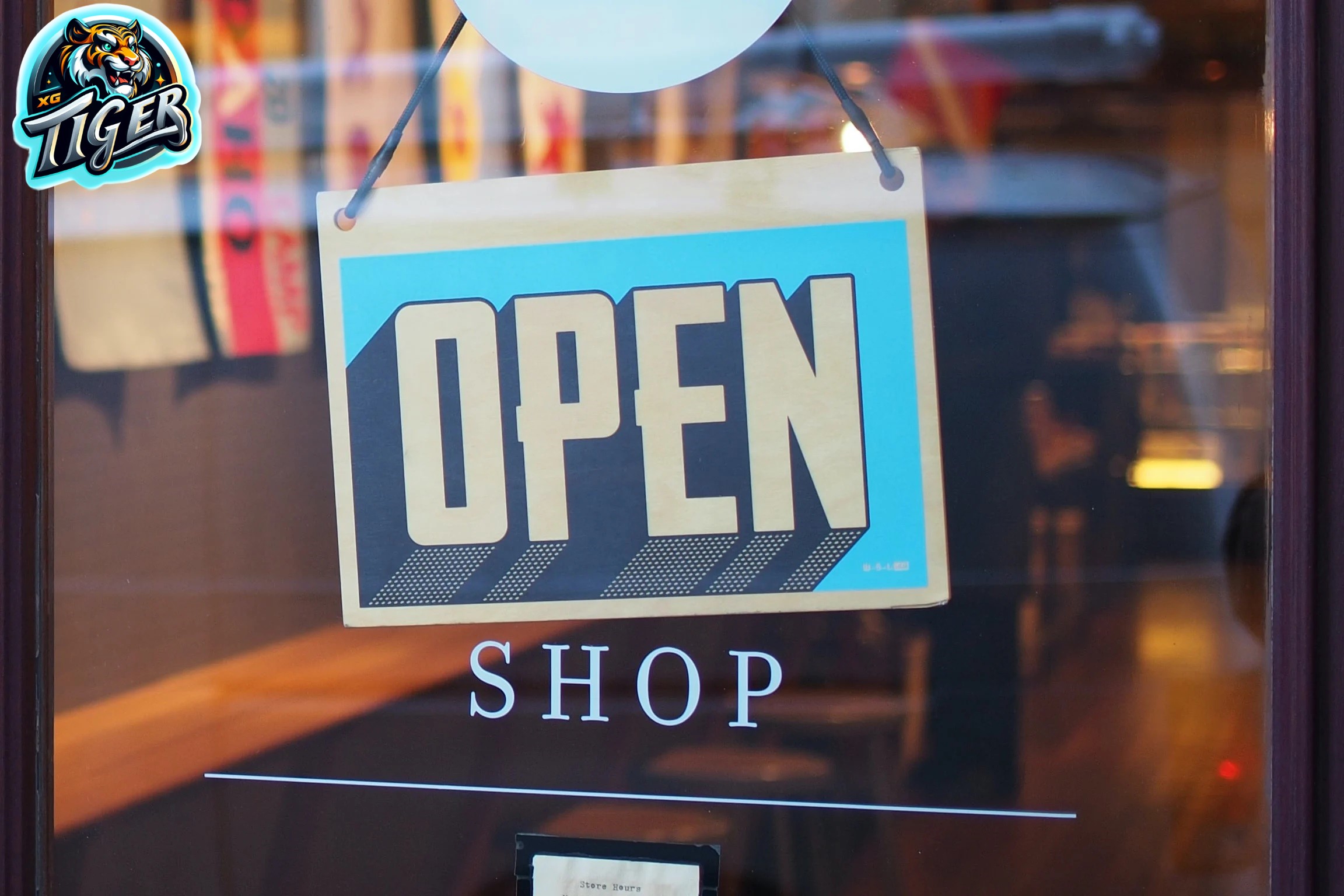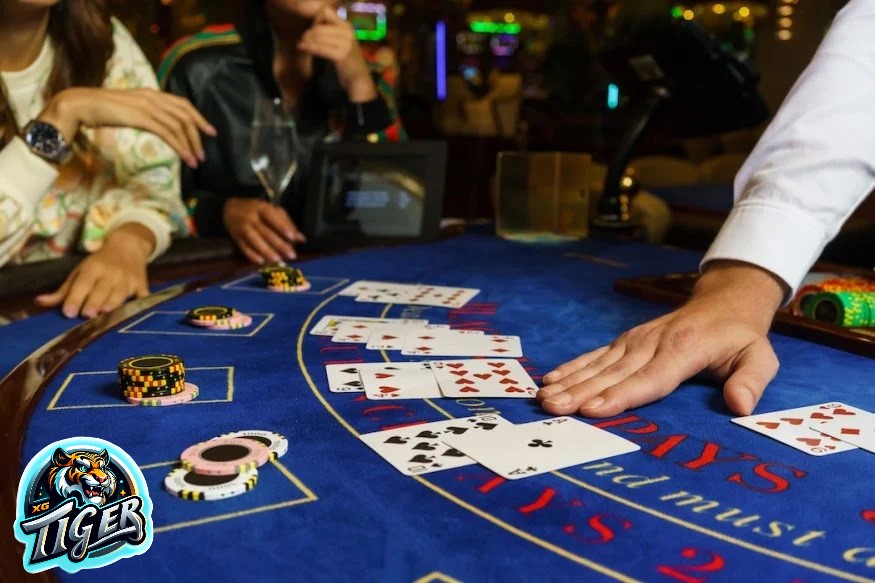目錄
In terms of odds and chances, blackjack is known for being the most popular “player-friendly” casino card game at Xgtiger. In fact, if you play it well, you might even get a small edge against the house! This is a mathematically proven fact that has been known for decades, ever since the release of the seminal research found in Edward O. Thorp’s “Beat the Dealer,” 1966.
So why, you may ask, if the secrets of winning strategies have been known for so long, do casinos still have this game on the menu? Why don’t players win all the time? The answer to this is as follows: the game of blackjack is simple, but not easy! Even if a player has mastered winning strategies and the specific decisions he makes are the best possible for each given hand, it’s really hard to stay cool, calm, and collected.
You should avoid distractions, and don’t get carried away in the game – blackjack is a thrilling game, and players can end up making decisions based on emotion, which is not good in the long run. Mistakes can be, and often are, quite costly!
There are many well-understood blackjack hands that don’t require much thought – players usually don’t make mistakes playing them! For example, when the dealer’s upcard is a 6, no one can reach 16 and then everyone splits a pair of eights. However, there are other hands where the correct decision is not so clear. Should I split a pair of nines against the dealer’s pair of nines? If the dealer has 3, should I decide to hit 12?
Intuitive and Non-intuitive Hands
Here’s why people still lose at blackjack: they still play intuitively, instead of playing rationally. We start here with two examples of the dealer’s 10 – this is a very strong dealer’s hand, ending in 17, 18, 19, 20, or 21 in 77% of cases, with only 23% of them busting. But there are still opportunities here for the brave gambler- you just have to make a reasonable effort to secure them, just like you would any other blackjack hand.
So, here are some of the trickier hands you may encounter:
11 by Player – 10 by Dealer
According to the basic strategy, players have to double down to 6-5 against the dealer’s 10. With this hand, the player has an advantage and may wish to make the betting hand more profitable. However, some players don’t double down, because they fear the pat 20 that the dealer might be holding. Of course, he might actually be holding the Pat 10. But statistically, if your opponent doesn’t have a blackjack, and he also holds a 10 upcard, the probability of him having a 20 is about ⅓ – or about 33%!
What are the player’s chances with this hand? Well, while holding an 11, you can draw a 10 and then get a blackjack (31% chance), or else a 9 and then get a 20 (8% chance). This means your chances of making a 20 or 21 are higher than dealers with a one-card draw. What’s more, when you draw a 10, 9, 8, or 7, you still win if the dealer holds the same hole cards.
Some players may be afraid to double down because it slightly lowers the overall chance of winning: so if you double down and draw a small card, you won’t be able to hit more to improve your score. But betting twice as much money increases your profit – and again, statistically, there is every reason to double this 11 vs 10 hand.
8-8 by Player – 10 by Dealer
Generally, holding 16 against the dealer’s 10 is the worst blackjack hand. However, if your 16 is a pair of eights, you are in a better position. You can split your pair and start both hands with a single 8 against the dealer’s 10. In this case, your chances of winning are 38%. But if you choose to just press, not split your pair, your chances are only 23%. Well, that’s less than 50%, but then again, we’re talking about the worst hands in blackjack; and 38% chances are better than 23%, right?
After all, minimizing your disadvantage and capitalizing on your advantage are general strategies of equal importance for every game we play. And not just for a game!
Player’s 9-9 – Dealer’s 9
This particular hand is tricky too. Many players will gladly take the opportunity to split a pair of nines against a small dealer’s upcard. But ‘intuitive players’ may want to stick to this strong 18 if the dealer shows 9. But the statistics say exactly the opposite: 18 dealers bet 9 only 8 times out of 20. However, if divided you roll your 18 and start two hands with 9s against the dealer’s 9, you win 9.5 times out of 20.
So all this means is that your 18 is strong, but not against the dealer’s 9 upcard; while division equalizes the opportunities nicely.
10-2 by Player – 3 by Dealer
Blackjack players know that whenever the dealer’s upcard is weak, the risk you take by busting your hand is not a good idea. But it’s a different matter when you’re holding 10-2 against the dealer’s 3. Because consider this: there are only four cards that can break your 10-2 hand: 10, J, Q, and K. And there are five cards to help you get into the safe 17-21 zone: 5, 6, 7, 8, and 9. So, the chances of you not getting rid of your hand are 5 against 4. So statistically, in the end, you will lose 2 % less if you hit 10-2, instead just standing.
People also ask:
• Should I hit or stay at 16?
As we mentioned, 16 is the worst blackjack hand. People are afraid of whipping, because of the risk of busting. But the mistake is to stand or fold, regardless of the dealer’s upcard. Another mistake is not splitting if your 16 is a pair of 8s, as you may hesitate to play two hands against the dealer’s 8-9 or ace. For 8-8 hands, refer to the Player’s 8-8 – 10 Dealer part of this article.
However, the best strategy for your 16 hands depends on the dealer’s upcard. So if it is small (from 2 to 6), the player must stand. But if the dealer’s upcard is high (7, 8, 9, 10, or Ace), the player must hit.
• Should I hit 12?
The player who decides to stay on 12 can only count on busting the dealer. Staying is a good idea if the dealer shows a 4, 5, or 6. However, if the dealer’s upcard is a 2 or 3, it’s better to hit a hard 12.
What is the difference between “soft” and “hard” hands in blackjack?
The only difference is the ace. If you are dealt an ace or two aces, you have a “soft” hand. If you have no aces, your hand is called “hard.”
• What are the best hands to deal in blackjack?
The best hands to deal in blackjack online are two aces or two eights. Other recommended splitting options include a pair of twos, threes, and sevens – if the dealer’s upcard is 7 or less. A pair of sixes is split when the dealer shows two to six.
Conclusion
Are you an avid gaming fan and want to know how to bet on online casino games? At Xgtiger, you’ll get the latest information on this year’s best casino games and a variety of gaming options, all in one place.
To start your online gambling journey, all you need to do is create an account on the site, deposit funds and you’ll be ready to bet on the best and most anticipated casino games.
Frequently asked questions
Baccarat Overview
Aces always count as one. If the cards dealt total more than nine on either hand, they acquire the value of the second digit. Example: 10=0 17=7 20=0 23=3. The shoe holds eight decks of cards.

